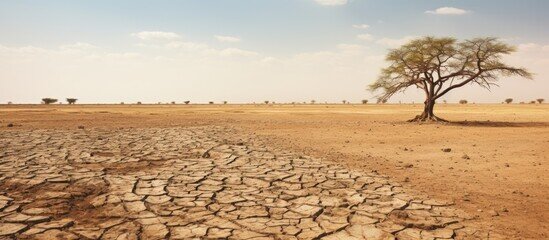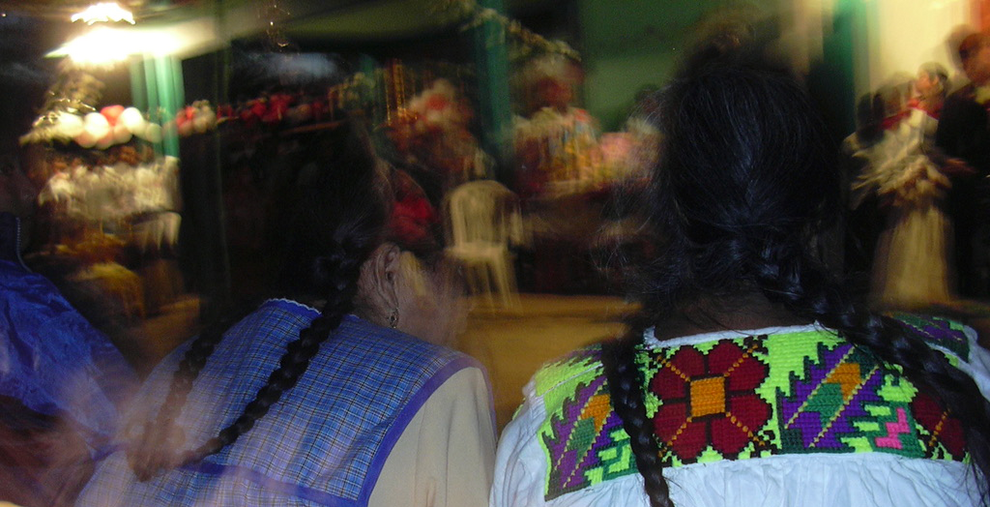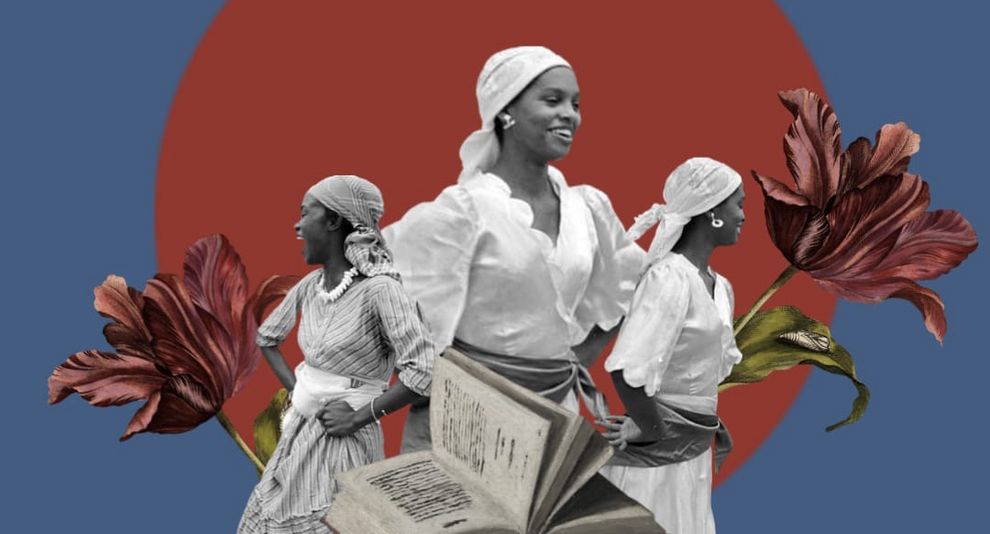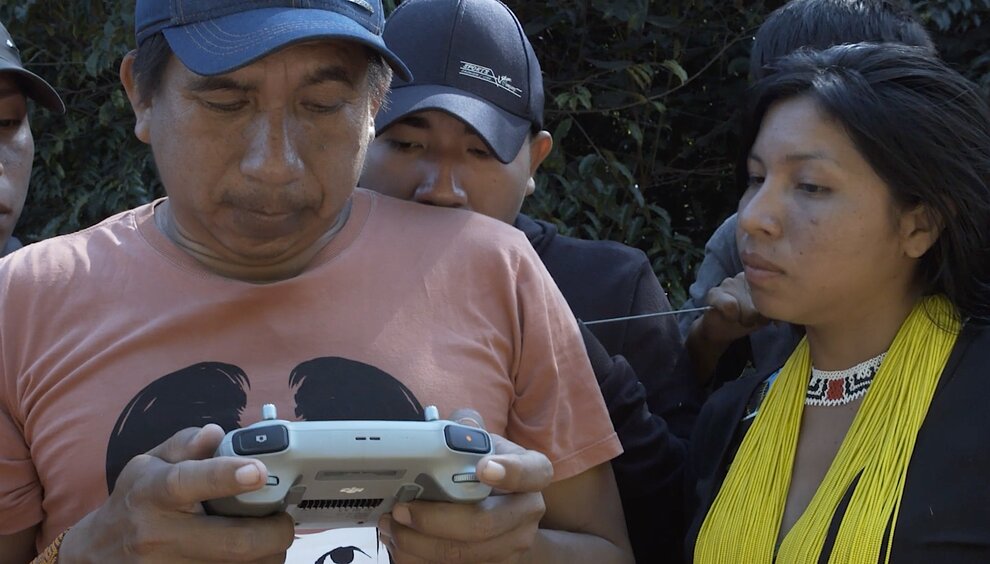What is the Sahel?
March 27 | Barbara Cooper Seminar
Thursday
27
March
2025
6:00 pm
7:30 pm

- What is the Sahel? An historical research project under construction -
Published at 11 March 2025






